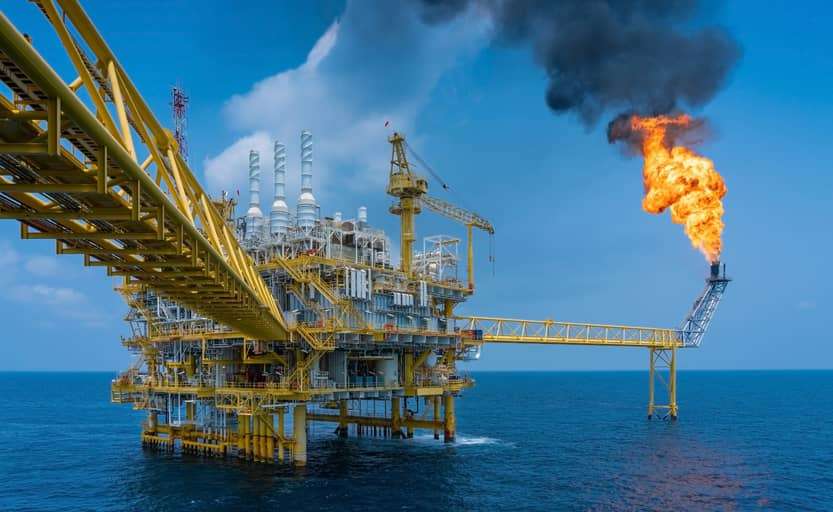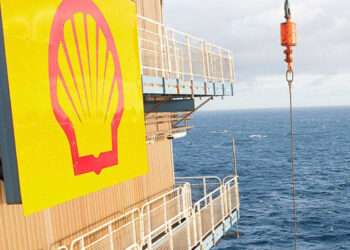As the energy transition gathers momentum, Ghana and other oil producing countries with higher resource resilience and lower gas revenue reliance could focus on protecting resilient reserves by decarbonizing already existing oil and gas operations, according to a new report by McKinsey.
Going this direction would help maintain the competitiveness of the country’s production in key destination markets such as Europe, which are likely to be subject to carbon border adjustment mechanisms (CBAM). Alternatively, the report proposed that countries such as Ghana “could focus on growing investment into renewable-energy businesses to generate new revenue streams.”
Last year, a report by UNCTAD on the effect of the CBAM on African economies stated that the most affected economies of the framework are African fuel-exporting “such as Cameroon, Egypt, and Nigeria. Other African economies such as the Congo, Ghana, Morocco and Zimbabwe would also be affected due to the relative importance of their exports affected by the CBAM.”
According to the UNCTAD report, the CBAM targets the exports of goods in carbon-intensive sectors including cement, steel, aluminium, oil refinery, paper, glass, chemical and fertilizers.
Decarbonizing to help Reduce Impact of CBAM
To be able to go around this, decarbonizing oil and gas production will be helpful as it provides an opportunity for countries to reduce emissions while also extending their license to operate into the future, McKinsey noted.
“Focusing on sustainability and decarbonization also presents an opportunity for oil and gas producers to reduce their cost of capital and retain access to customers who are increasingly prioritizing production that has lower carbon intensity.”
McKinsey

For example, last year Occidental Petroleum delivered two million barrels of carbon-neutral oil to Reliance Industries in India. The emissions offsets for the transaction were sourced from a variety of projects and applied against the crude cargo shipment.
Additionally, technologies to decarbonize the extraction and production of hydrocarbons already exist and many are economically viable, McKinsey noted. One potential first step could be to optimize operations by minimizing heat and power demands and optimizing feedstocks to ensure more energy efficiency.
“Sustainable-design choices, for example, monetizing wasted gas from flaring, minimizing fugitive emissions, and deploying zero-carbon energy supply such as solar power for energy at the well pad are also now available for deployment and increasingly present economic benefits.
“Beyond initiatives to directly decarbonize operations, oil and gas sector players could consider, as a last resort, offsetting their emissions or generating carbon credits by implementing nature-based solutions that protect or improve natural ecosystems that sequester atmospheric CO2. Such initiatives could include forest conservation, reforestation, and improved land practices, among others.”
McKinsey
With a greater potential of scaling up existing reserves, McKinsey indicated that countries such as Ghana and others in East Africa “could consider developing cross-border gas pipeline infrastructure”. This gas infrastructure could be connected to regions where gas will be in significant demand, including countries in North Africa and southern Africa.
Alternatively, where demand for natural gas is significant, countries could invest in coastal LNG regasification plants to allow gas to be imported from other African countries with LNG export capabilities, McKinsey pointed out.
READ ALSO: Nuclear Energy Growth in Developing Countries to Hit 90% by 2050





















